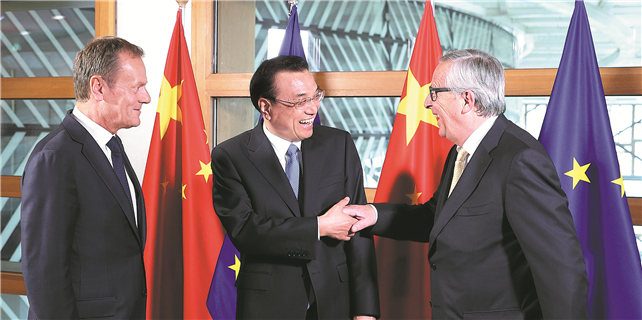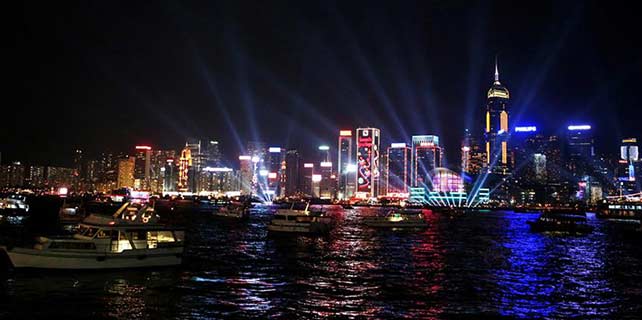Construction firms plan major global infrastructure projects
Major Chinese construction companies are looking to expand into upscale international infrastructure projects.
Xin Xiuming, vice-chairman of the China International Contractors Association, or CICA, expected leading players in the sector to not only finance and build major developments but run them as well.
This trend was highlighted by Wang Yu, deputy chief economist of the China Three Gorges Corp in Beijing, when he talked about the group's plans to develop hydropower plants in Guinea in West Africa.
"Because of our technologies and management skills, Guinea has entrusted us to operate and manage the Kaleta Hydropower Station," said Wang.
"We also provided equity for the Souapiti Station through a public-private partnership, which eased the financial pressure on the Guinean government."
China Three Gorges Corp will explore further joint projects to develop the Konkoure River, which starts in Guinea and flows into the Atlantic Ocean.
Wang revealed the company's long-term strategy in Africa at last week's International Infrastructure and Construction Forum, which was co-hosted by the CICA and the Macao Trade and Investment Promotion Institute.
The two-day event attracted more than 1,700 officials, financial institution executives and business leaders from 63 economies to discuss sustainable infrastructure.
During the past few years, major global companies have been offering a "one stop solution" for international engineering projects.
This involved incorporating technology, planning, investment, construction and then operation into their business models.
Wang Xu, deputy general manager of China Export and Credit Insurance Corp, expected the trend to continue.
"Chinese enterprises have gradually matured when involved in international projects," said Wang Xu. "In future, they will continue to move up the high-end industrial value chain as they become more familiar with global markets."
Data from CICA showed contracts for overseas engineering and construction projects hit $244 billion last year, up 16.2 percent from 2015.
And according to the Asia Development Bank, infrastructure projects for the Belt and Road Initiative will top $8 trillion by 2020.
"But there is still a significant gap between the money required and the money available to fund these infrastructure projects," said Dennis Wong, a partner of Clyde & Co, an international legal firm.
As a result, a growing number of governments are considering PPP, a partnership between public and private financing.
















